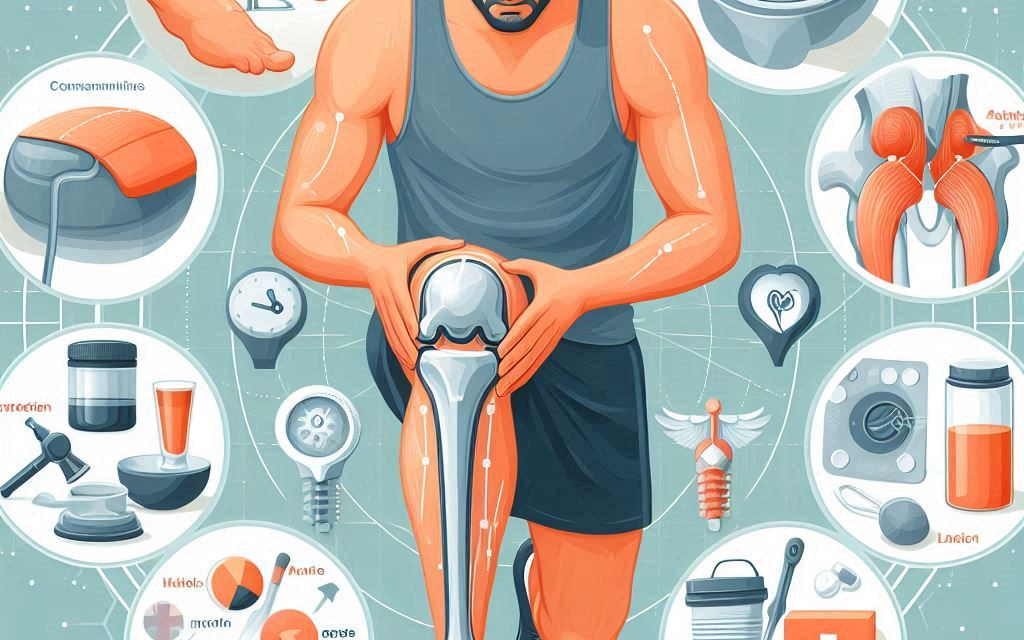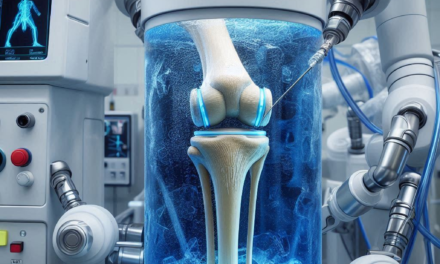top 5 mistakes after knee replacement- Knee replacement surgery (knee arthroplasty) is a major procedure that provides relief to people with chronic knee pain and mobility issues. But recovery is essential to the success of this operation. The below listed are 5 common mistakes that people tend to do after knee replacement surgery
1. Ignoring Physical Therapy
Importance:
Physical Therapy – Helps you get your strength, flexibility and range of motion back in the knee.
Mistake:
For instance, patients can easily ignore their physical therapy home exercises or lose out the attendance on some sessions.
Consequence:
Further, it can result in stiffness, less mobility and recovery time. In the worst cases, additional surgical intervention will be needed.
2. Overdoing Physical Activity
Importance:
While exercise is key, adhere strictly to the advice of your health care professional.
Mistake:
Case managers might grow overly anxious to get their patients back into the flow of life and encourage them to do too much!
Consequence:
The imbalance of physical activity may cause the new knee joint to swell, hurt or even be damaged following a long recovery time frame with additional complications if exercise is exaggerated.
3. Not Managing Pain Properly
Importance:
Proper pain management is essential for comfort as well as the ability to do physical therapy.
Mistake:
Over or underestimation of pain can be the cause for misusing analgesics. It is not a well-done introduce of various it could be habit forming to the stage where many people might avoid using analgesics essentially simply because they have concerns about dependency and others will take them in substantial dosages.
Consequence:
Inadequate pain management can impede progress with physical therapy and full recovery. Taking too many medications to reduce pain results in dependence or complications, and taking fewer contributes disablement or worse.
4. Ignoring Post-Surgery Directions
Importance:
Compliance with post-operative instructions such as wound care, dietary restrictions, and activity limitations are key to an uncomplicated recovery.
Mistake:
Failure to comply with postoperative bed rest, wound care or medications (especially diuretics) prescribed by the surgeon may be ignored or forgotten.
Consequence:
Some examples include infection, poor healing and more which could make recovery time longer or might even need additional medical care outside of the precise.
5. Impatience with Recovery Time
Importance:
Recovering from knee replacement is a slow process, and sticking to the plan of care your surgeon gives you will help speed up recovery.
Mistake:
Patients who rush to complete their exercises are often frustrated with the slow progress of recovery, only achieving one small outcome after such a long time.
Consequence:
More often than not, impatience can equally result in undoing any potential progress made for recover simply by creating more pain and swelling within the knee joint. Conversely, abandoning the process can lead to life-long consequences regarding walking and functioning.
Conclusion
These above stated common mistakes during knee replacement surgery can lead to better outcomes. Following the guidance of your healthcare provider, attending all physical therapy appointments, controlling pain efficiently, following post-op instructions and allowing time for recovery are crucial for a successful rehabilitation process in order to get you back on track as others keep going. Follow up with your medical team if you are worried about anything in the recovery process to help create the best possible functions.





